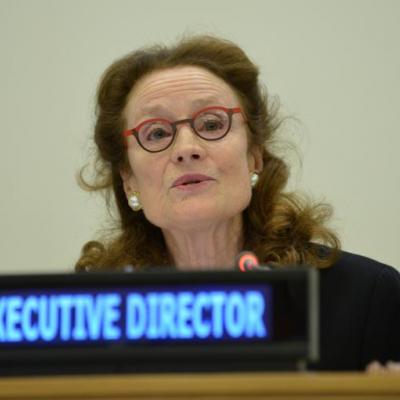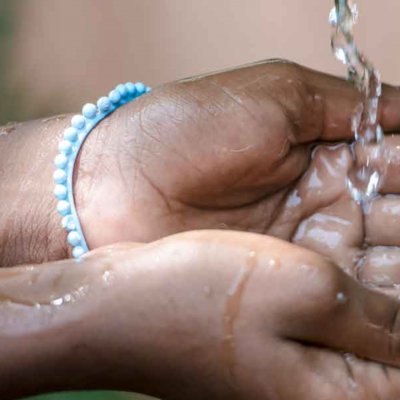Strategic Post-Covid Cooperation On Water In Latin America And The Caribbean
A Call For Guaranteed Access to Clean Drinking Water And Sanitation
30 Jul 2022 by The Water Diplomat
CARTAGENA, Colombia
The 5th Conference of Ibero-American Water Managers took place in Cartagena, Colombia from 27-29 July.
The conference, known as the Conferentia de Diretores Iberoamericanos del Agua, or CODIA, is a coordinating platform for water management across the region. The conference devoted time to the Global Acceleration framework for SDG 6 which has been agreed to at UN level following disappointing progress on water related sustainable development targets.
A study is currently underway of the effects of the Covid-19 pandemic on water management in Latin America and the Caribbean, which is currently in the peer review stage. On behalf of the research team, Dr Daniel Greif explained that the research was intended to deepen understanding of the relationship of Covid-19 with water resources and to summarise the progress and lessons learned on water management and governance in the region during the post-pandemic period.
The forthcoming publication will be produced in cooperation between the UNESCO intergovernmental hydrological program in Latin America and the Caribbean (PHI-LAC) and CODIA, with the support of the Spanish Agency for International Cooperation and Development (AECID) and the Pan American Health Organization.
In a preview of the study, Dr Greif emphasised that the Covid-19 pandemic has been one of the most influential global events in contemporary history. It has occupied as never before a large part of the spaces of daily life of all the inhabitants of the planet and has impacted multiple aspects of the life of the population and the social and economic development of nations. The pandemic has transcended the crisis in the health sector, developing into an event with multiple economic and social impacts at various scales.
The pandemic has served to change perceptions of the importance of drinking water, sanitation, and hygiene (WASH) services across the continent. Guaranteeing access to drinking water and sanitation is essential to provide hygienic conditions necessary to stop the spread of the virus and mitigate the impact of diseases.
The pandemic has boosted the role of science and evidence-based policies in politics as well as in media. In general, the pandemic has had an unprecedented effect on the human development index in the Latin American and Caribbean region which showed positive HDI development since 1991 even during and after the financial crisis of 2008 but plunged downward by a 300-400% in 2020.
In particular, the health consequences of the precarious supply of water for the poor in the region, especially indigenous communities, and migrants, has been brought to the fore. The role of seasonality, climatic and environmental factors in the spreading or containment of the disease has also become widely recognised.
Furthermore, the pandemic has been a reminder of the link between the transmission of infectious diseases and biodiversity. The loss of biodiversity is associated with the transmission of a series of pathogens while the change in land use and trade in wild species increase the population's exposure to potentially new diseases. As a result, there is greater awareness of the importance of water related ecosystems, as well as sanitation and hygiene, than before the pandemic.
This opens the opportunity for a progressive, structural change in the integrated management of water resources, as well as greater emphasis on international cooperation and collective action.
Related Topics
29 Sep 2021 NEW YORK NY, United States
Secretary-General warns UN Security Council of the possibility of increasing climate-related conflict

7 Jul 2021 New York, United States
Agency Director Henrietta Fore highlights work done to supply 106 million with WASH services across 153 countries during pandemic response. Stresses importance of innovation in bid...

27 May 2021 Abidjan, Côte d'Ivoire
Four principles focus on specific action points in water security, management and access as well as transboundary issues. Provide a general framework for expansion of bank's role. ...
